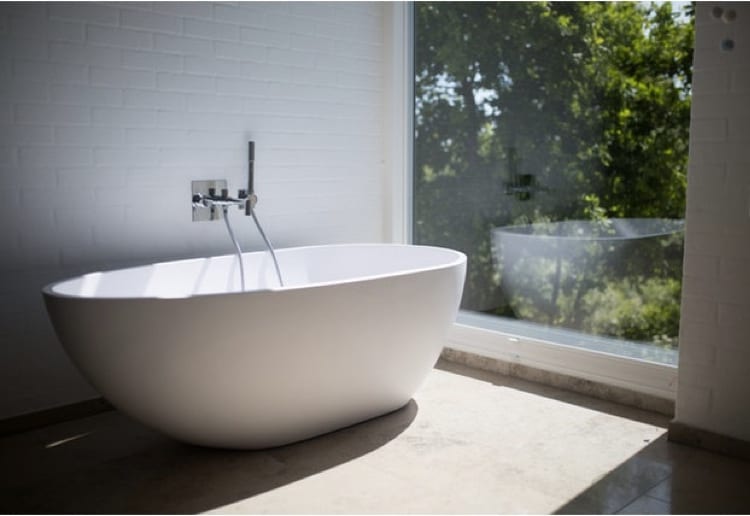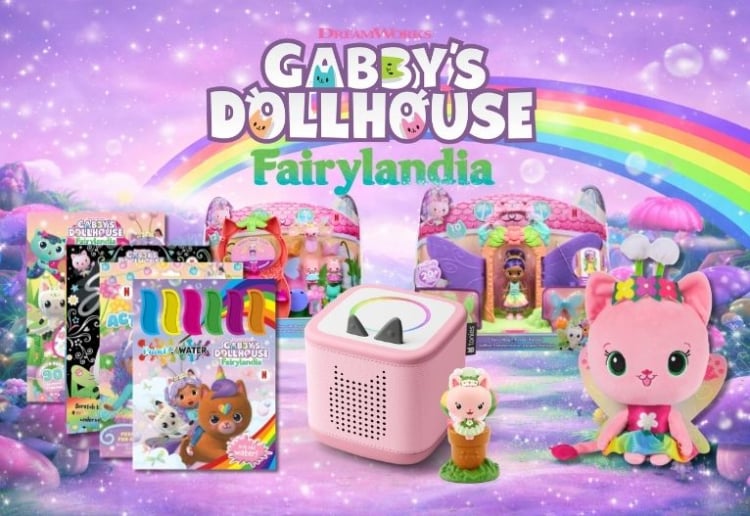We all know that we should save water at home. In fact, many Australians are already taking small (or big!) steps to ensure they minimise your water use or wastage, which is not only good news for your pocket but the environment as well.
Here are 7 easy ways that you can save water at home.
1) Add A Water Saver To Your Toilet
One of the easiest ways you can save water is to add a water saver to your toilet cistern. Ideally, every household should install low flush toilets but we understand it can be expensive to replace entire toilets.
That’s why adding a water saver to your toilet cistern is a cheap and simple way to save money with every flush.
2) Fix Leaks
As soon as you notice a leak, get it fixed! To save water, don’t let taps drip for weeks until it annoys you. Every drop adds up and getting leaks attended to as soon as they start will save you both money and water.
3) Water Your Garden In The Evenings
One of the simplest tips to save water in the garden is to water your garden in the evening. During the summer months, you’re usually limited to watering your garden before 9am or after 6pm.
Always pick evening watering times. This allows all the water to be absorbed overnight when the weather is cooler.
Watering your garden in the morning in summer means that some of the water will evaporate before it has a chance to be soaked up by your grass and plants, so it is effectively wasted.
Take Shorter Showers
Simple, yet important: take shorter showers. Most of us think we shower quickly, but next time you hop in the shower, set a timer and you’ll see just how long you really take.
Reduce your showering time by a minute and you can shave litres off your usage. If you have an older showerhead, it may be using as much as 15-20 litres of water per minute. Times that by the number of people in your house and that’s a lot of water each day you could be saving.
Cover Your Pool
Adding a cover to your swimming pool will help to prevent water wastage through evaporation.
Not only will this reduce your water usage (as you won’t need to top up your pool as much), but it will keep your pool warmer without having to use any other form of energy and also minimise algae growth.
Get A Rainwater Tank
Install a rainwater tank and collect rainwater which can be used to water your garden. You can even hook it up to use as grey water for flushing your toilets.
Fill Your Dishwasher
A great way to save water is to not run your dishwasher until it’s full. It will reduce your water and electricity usage – saving your wallet on two bills!
And always check the water usage on dishwashers before you buy them.
Top tips provided by: Perth-Fection Plumbing





















11:15 pm
4:13 am
9:49 pm
12:51 pm
8:15 pm
1:09 pm
8:54 pm
3:13 pm
5:57 am
5:39 pm
2:25 pm
6:05 am
3:54 pm
8:05 pm
4:58 pm
11:58 am
12:10 am
2:38 pm
7:20 pm
5:39 pm
- 1
- 2
- 3
- »
Post a commentTo post a review/comment please join us or login so we can allocate your points.